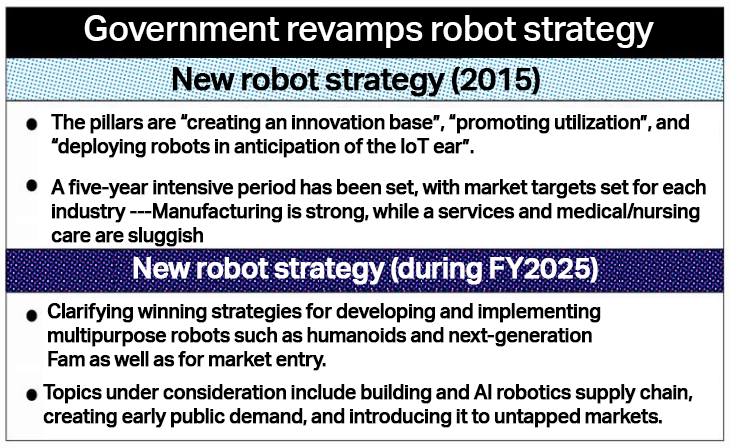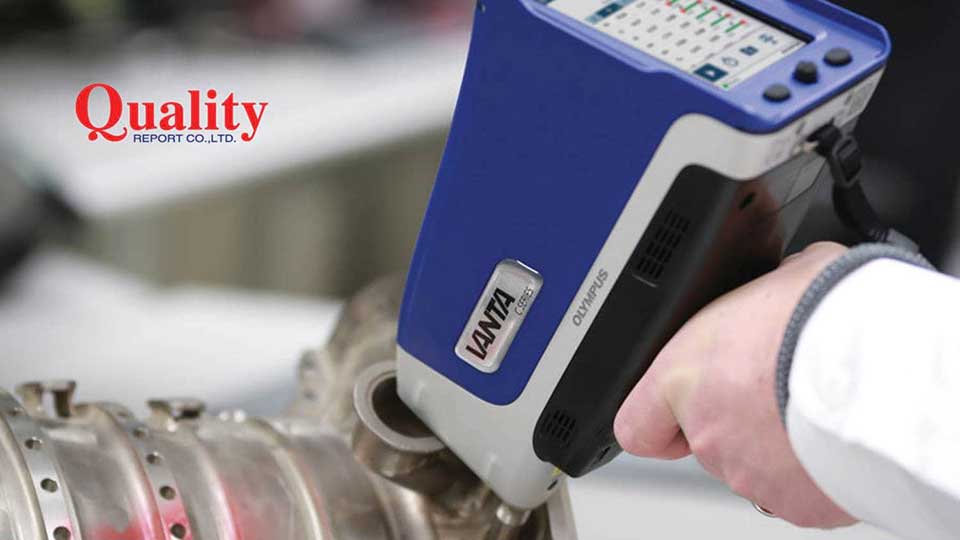
Japan Updates Robotics Strategy After a Decade with Focus on AI Robotics
Japan’s government will overhaul its national robotics strategy for the first time in a decade, aiming to accelerate innovation through artificial intelligence (AI) and stronger public-private collaboration. The new strategy is set to be finalized within fiscal 2025, with its official launch expected under the next administration.
| Advertisement | |
A new public-private council will hold its first meeting in November to shape mid- and long-term policies for Japan’s robotics industry. The government plans to leverage AI-driven robotics to strengthen the country’s industrial base and support the development of autonomous robots for advanced semiconductor manufacturing — particularly in line with Rapidus’s 2-nanometer chip production project.
Strengthening Japan’s Global Competitiveness
The revamped strategy aims to revitalize the domestic market while securing Japan’s position in the global robotics race. With roughly 70% of the world’s industrial robot market share, Japan will build on its strengths in hardware and semiconductor technologies to define “winning strategies” in physical AI — robots capable of making autonomous decisions based on environmental data.
Global competition is intensifying, with the U.S. and China planning trillion-yen investments in humanoids and AI robotics. In contrast, Japan’s robot startups have raised relatively modest amounts, in the tens of billions of yen range. The new policy seeks to close that gap by supporting innovation, funding, and market adoption.
Expanding Robot Adoption Across Industries
As robots become more autonomous, they are expected to play a greater role in addressing labor shortages in industries such as construction, manufacturing, and healthcare. For example, AI-powered robots are already being developed to automate material handling, spraying, and multi-site operations in construction.
To accelerate adoption, the government plans to utilize public procurement to create early demand for innovative technologies. Working groups across key fields — including disaster prevention, infrastructure, defense, and medical care — will identify market needs and set specific procurement targets, paving the way for domestic deployment and commercial scaling.
Supporting AI Robotics R&D
The Ministry of Economy, Trade and Industry (METI) has allocated over 32 billion yen in the fiscal 2024 supplementary budget to promote AI robot R&D and strengthen the industrial ecosystem. The government also aims to secure critical component supply chains — such as actuators — and enhance software and hardware integration capabilities.
Through these initiatives, Japan aims to reclaim leadership in the next generation of robotics, integrating AI and advanced manufacturing to build a more autonomous, efficient, and resilient industrial future.

Source: Nikkan Kogyo Shimbun







